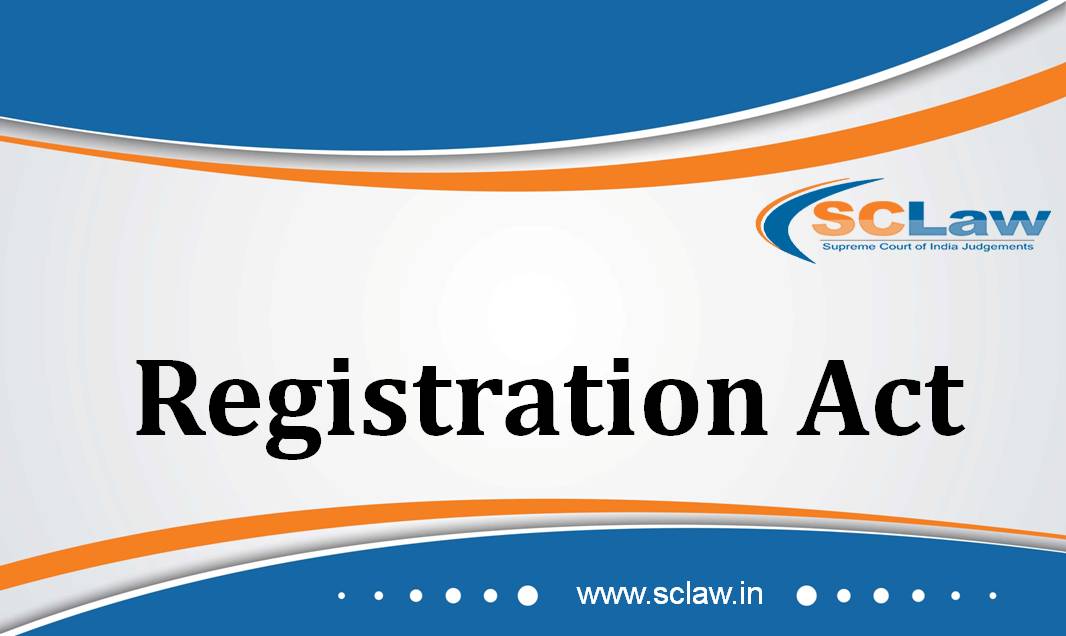Transfer of Property Act, 1882 – Section 54 – Registration Act, 1908 – Section 17 – Evidence Act, 1872 – Section 67 – Transfer of ownership – Where a deed of sale had been duly executed and registered, its delivery and payment of consideration have been endorsed thereon it would amount to a full transfer of ownership so as to entitle its purchaser to maintain a suit for possession of the property sold
SUPREME COURT OF INDIA DIVISION BENCH DAMODHAR NARAYAN SAWALE (D) THROUGH LRS. — Appellant Vs. SHRI TEJRAO BAJIRAO MHASKE AND OTHERS — Respondent ( Before : M.R. Shah and C.T.…




